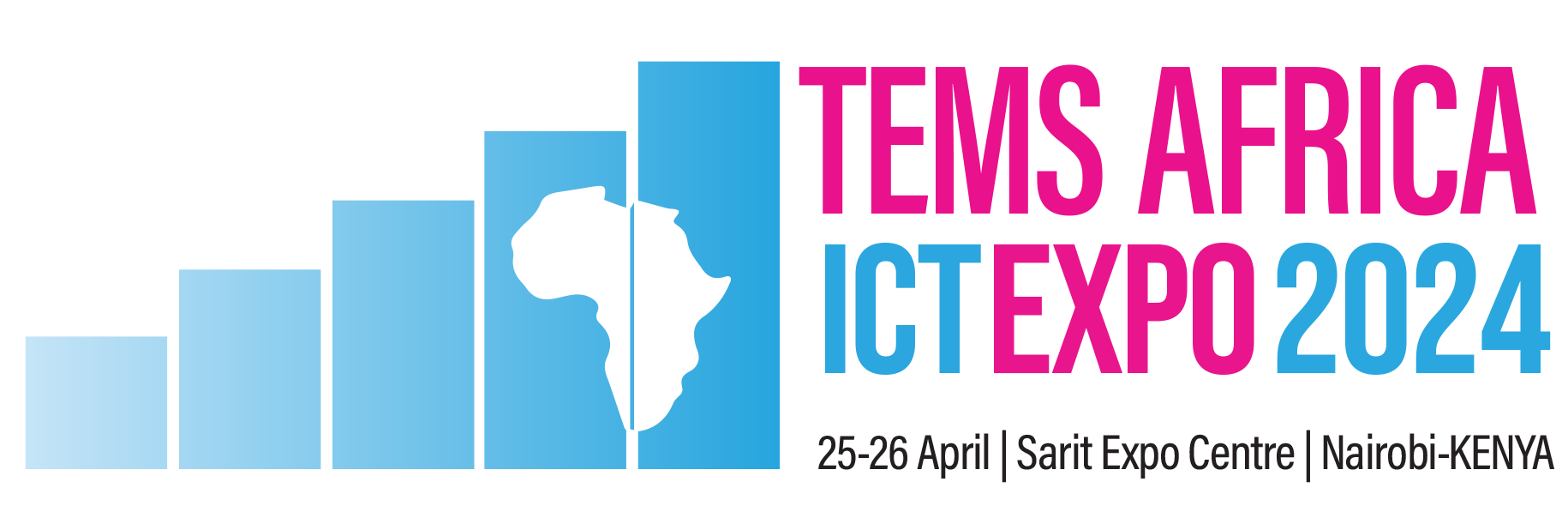Leveraging IT Services for Sustainable Corporate Practices
1. Energy Efficiency Through Cloud Computing:
One of the most direct contributions of IT services to sustainability lies in the adoption of cloud computing. By migrating data and applications to cloud platforms, companies can significantly reduce their reliance on physical servers, leading to lower energy consumption and carbon emissions. Cloud services also allow for dynamic scaling, enabling organizations to optimize resource usage and minimize wastage.
2. Virtualization for Resource Optimization:
IT services facilitate the implementation of virtualization technologies, wherein multiple virtual servers can run on a single physical server. This not only maximizes resource utilization but also reduces the need for additional hardware, lowering the environmental impact associated with manufacturing and disposal of electronic equipment.
3. Remote Work Solutions:
The widespread adoption of remote work, facilitated by IT services, has proven to be a game-changer for sustainability. Reduced commuting translates to lower carbon footprints, and the implementation of virtual meeting platforms minimizes the need for business travel. This shift towards remote work not only enhances employee well-being but also aligns with sustainable practices.
4. Data Analytics for Smart Decision-Making:
Harnessing the power of data analytics, companies can gain valuable insights into their operations, supply chains, and energy consumption patterns. By identifying areas for improvement and implementing data-driven strategies, organizations can optimize their processes, reduce waste, and make more informed decisions that align with sustainability goals.
5. Supply Chain Transparency:
IT services enable the implementation of advanced technologies like blockchain to enhance supply chain transparency. By creating a tamper-resistant, decentralized ledger of transactions, companies can trace the origin of products, ensuring ethical sourcing practices and promoting sustainability throughout the supply chain.
6. IoT for Real-Time Monitoring:
The Internet of Things (IoT) is instrumental in providing real-time monitoring of energy consumption, equipment performance, and environmental conditions. By leveraging IoT devices, companies can identify inefficiencies, implement predictive maintenance practices, and optimize resource usage. This will lead to cost savings and reduced environmental impact.
7. E-waste Management:
Proper disposal of electronic waste is a critical aspect of sustainability. IT services can help companies implement e-waste management strategies, including responsible recycling and disposal practices. Additionally, IT service providers can assist in the refurbishment and repurposing of old devices, extending their lifecycle and minimizing environmental impact.
In conclusion, IT services play a pivotal role in fostering sustainability within a company. From energy-efficient cloud computing to data-driven decision-making and supply chain transparency, the integration of IT services opens up a multitude of opportunities for businesses to align their operations with environmental and social responsibility. Embracing these technologies not only enhances corporate sustainability but also positions companies as leaders in the global movement towards a greener and more socially responsible future.
FOLLOW us on all our social media platforms and stay updated. X Facebook
TEMS ICT Expo 2024 registration is ongoing. kindly Register here and secure a spot to come and learn more about Technology and Artificial Intelligence

